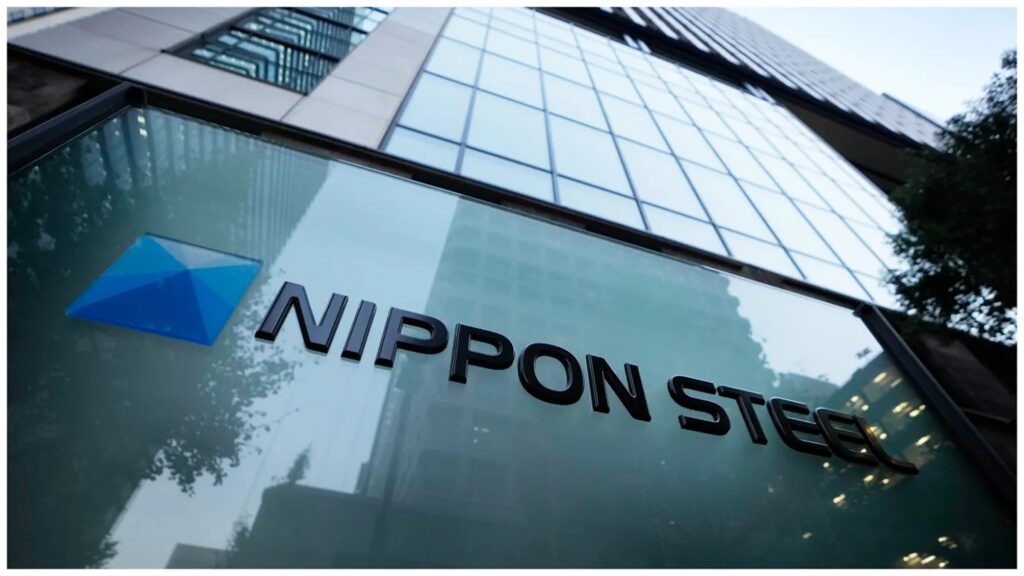In a significant development concerning U.S. industry and international business relations, President Joe Biden has publicly declared his opposition to the acquisition of U.S. Steel Corp by Japan’s Nippon Steel for $14.9 billion.
This stance marks Biden’s first explicit resistance to the deal, emphasizing the necessity for U.S. Steel to maintain its status as a “domestically owned American firm.”
Biden’s statement underscores the iconic status of U.S. Steel, a staple in the American steel industry for over a century, highlighting its importance to national security and the American economy.
The deal, which has stirred considerable attention, faces scrutiny from the Committee on Foreign Investment in the United States (CFIUS), a body known for its role in evaluating foreign investments for national security implications.
Despite the uncertainty surrounding Biden’s potential use of regulatory authority to prevent the acquisition, the transaction has been deemed to warrant “serious scrutiny” due to U.S. Steel’s critical role in the national security framework.
Nippon Steel, on the other hand, argues that the acquisition promises substantial benefits, ensuring no layoffs or plant closures as a consequence of the transaction and enhancing the overall standing of the American steel sector and its contribution to national security.
The firm expressed commitment to navigating the regulatory review process with confidence in the U.S. government’s adherence to rule-of-law and due process.
Financial markets have reacted to the unfolding situation, with U.S. Steel’s shares experiencing a notable decline amid concerns over Biden’s opposition.
This development coincides with potential alternative bids for U.S. Steel, such as Cleveland-Cliffs’ CEO expressing willingness to consider a new offer should the Nippon Steel deal falter.
The controversy surrounding the acquisition could cast a shadow over upcoming diplomatic engagements, including a planned summit between Biden and Japanese Prime Minister Fumio Kishida, aimed at strengthening security ties in the face of challenges, including China’s rising influence.
The president’s opposition, rooted in a commitment to supporting union workers and safeguarding critical industries, aligns with his reelection campaign priorities.
The United Steelworkers International, backing Biden’s stance, emphasizes the strategic importance of keeping major steel manufacturers under American ownership for national defense and infrastructure.
As the situation evolves, the outcome of this high-profile acquisition will likely hinge on the intricate balance between regulatory approval, national security considerations, and the broader implications for U.S.-Japan relations and the global steel industry.
